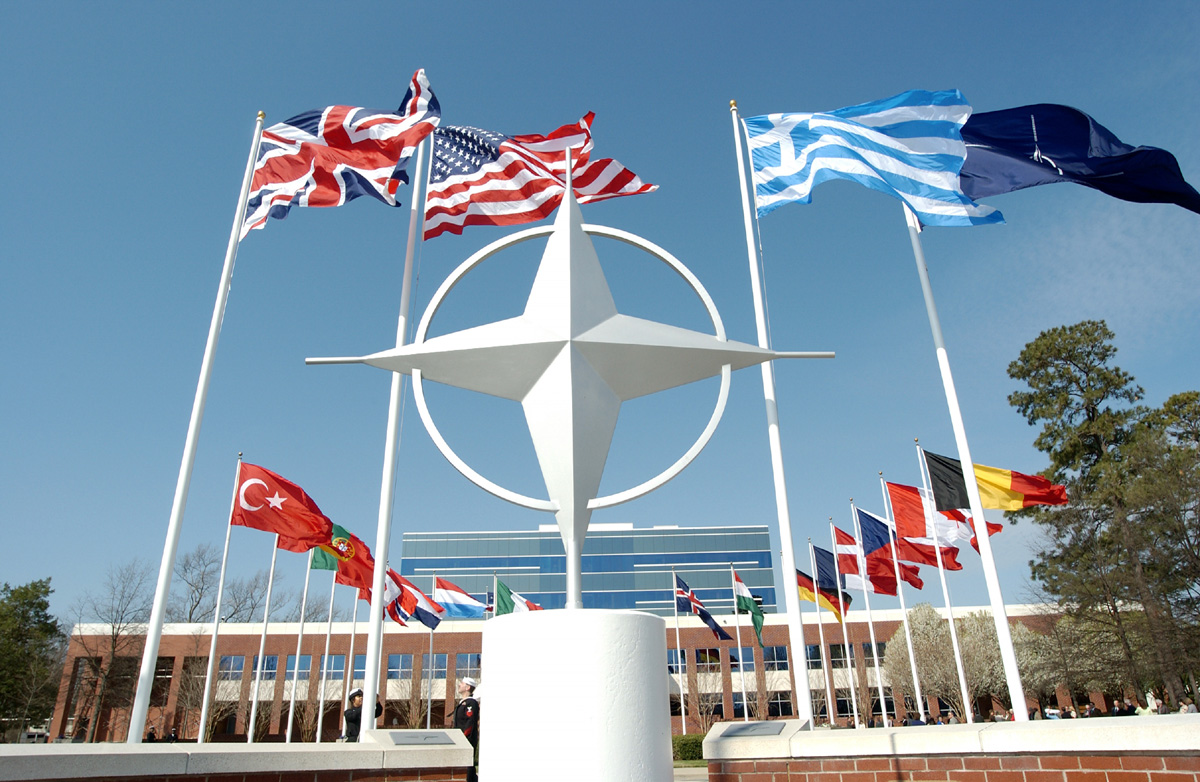
Rosenbaum taught a number of courses at the university's Transnational School of Law as visiting professor. One course he taught is titled Equal Protection Law and First Amendment Law. A course summary stated that it "examines contemporary issues of free speech in the context of [the] U.S. Constitution." The course also scrutinizes some aspects of the First Amendment – such as hate speech and racist speech, the uses and values of free speech and censorship and discrimination based on content.
Aside from this, Rosenbaum has also served on the law school's Transnational Law Review-Journal. Outside of lecturing duties, Rosenbaum helms the university's Public Interest Advocacy Clinic. The endeavor aims to "secure fundamental rights for disadvantaged … and undeserved citizens" in the U.S.
However, the ACLU has consistently taken up left-leaning causes and opposed Trump administration orders during Rosenbaum's time there. It has sued to stop travel bans and border wall construction ordered by the former president. It has also launched ad campaigns targeting Justice Brett Kavanaugh.
According to a September 2014 ACLU SoCal press release, Rosenbaum joined the civil rights group's southern California branch in 1974. He rose through the ranks until he became the group's legal director. The statement announced his departure from the group after four decades of tackling key legal issues. ACLU SoCal Executive Director Hector Villagra dubbed Rosenbaum as a "tireless defender of … civil rights and civil liberties." (Related: Number of professors allegedly in cahoots with communist China quickly mounts.)
Links to Chinese educational institutions may undermine national security
Rosenbaum's connections with Peking University raised possible national security concerns. His links to the CCP-backed educational institution echoed that of an earlier instance involving a former Harvard University professor. Last January, the Department of Justice (DoJ) announced its arrest of erstwhile Harvard Chemistry and Chemical Biology Department Chair Charles M. Lieber. According to the DoJ statement, his arrest stemmed from a failure to disclose funding sources and potential conflicts of interest.
Court documents noted that Lieber assumed the role of a "strategic scientist" at Wuhan University of Technology (WUT) in 2011. He eventually participated in China's Thousand Talents Plan from about 2012 to 2017. The plan involved the recruitment of high-level scientists worldwide to work for China – and Lieber became part of it without informing Harvard. (Related: Harvard's Charles Lieber arrested for treason with communist China.)
WUT paid Lieber a monthly salary of $50,000, an allowance of about $158,000 for living expenses and a $1.5 million grant to establish a research laboratory. In return, Lieber was required to work for the university for "not less than nine months a year."
However, Lieber concurrently received more than $15 million in grants from the National Institutes of Health (NIH) and the Department of Defense. Recipients of federal grants are required to disclose "significant foreign financial conflicts of interest, including financial support from foreign governments … or entities." The former Harvard chemistry head did not disclose his compensation from the Thousand Talents Plan or WUT.
The federal complaint filed by the Justice Department also accused Lieber of lying about his involvement with the Chinese program and WUT. He told investigators in April 2018 that China did not ask him to join the Thousand Talents program – but added that he "wasn't sure" how the regime categorized him. Later in November of that year, NIH approached Harvard about Lieber's suspected ties with China.
The former Harvard chemistry head caused the university to cover up his involvement with the two Chinese institutions. It told NIH that Lieber "had no formal association with WUT" after 2021 and "WUT continued to falsely exaggerate" his involvement there in subsequent years. He also caused Harvard to deny his membership in the Thousand Talents Plan by saying that he "is not and has never been a participant" in it.
Head over to CommunistChina.news to read more articles about American scholars with ties to Chinese universities and how they undermine national security.
Sources include:
Please contact us for more information.






















